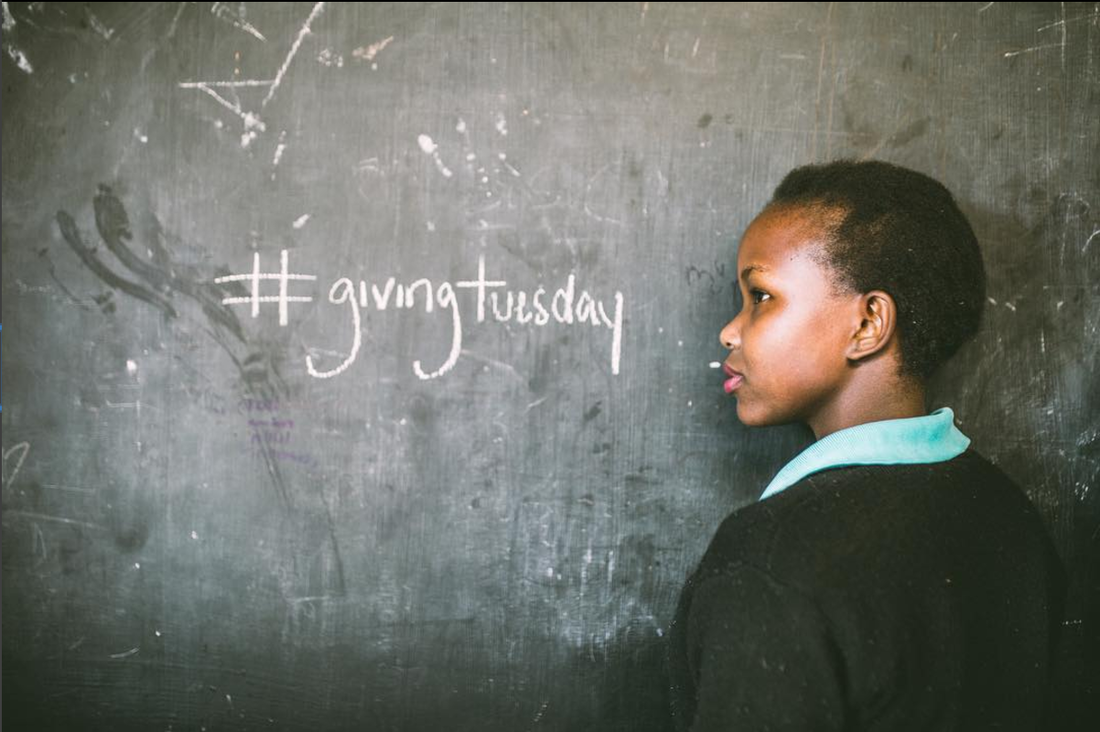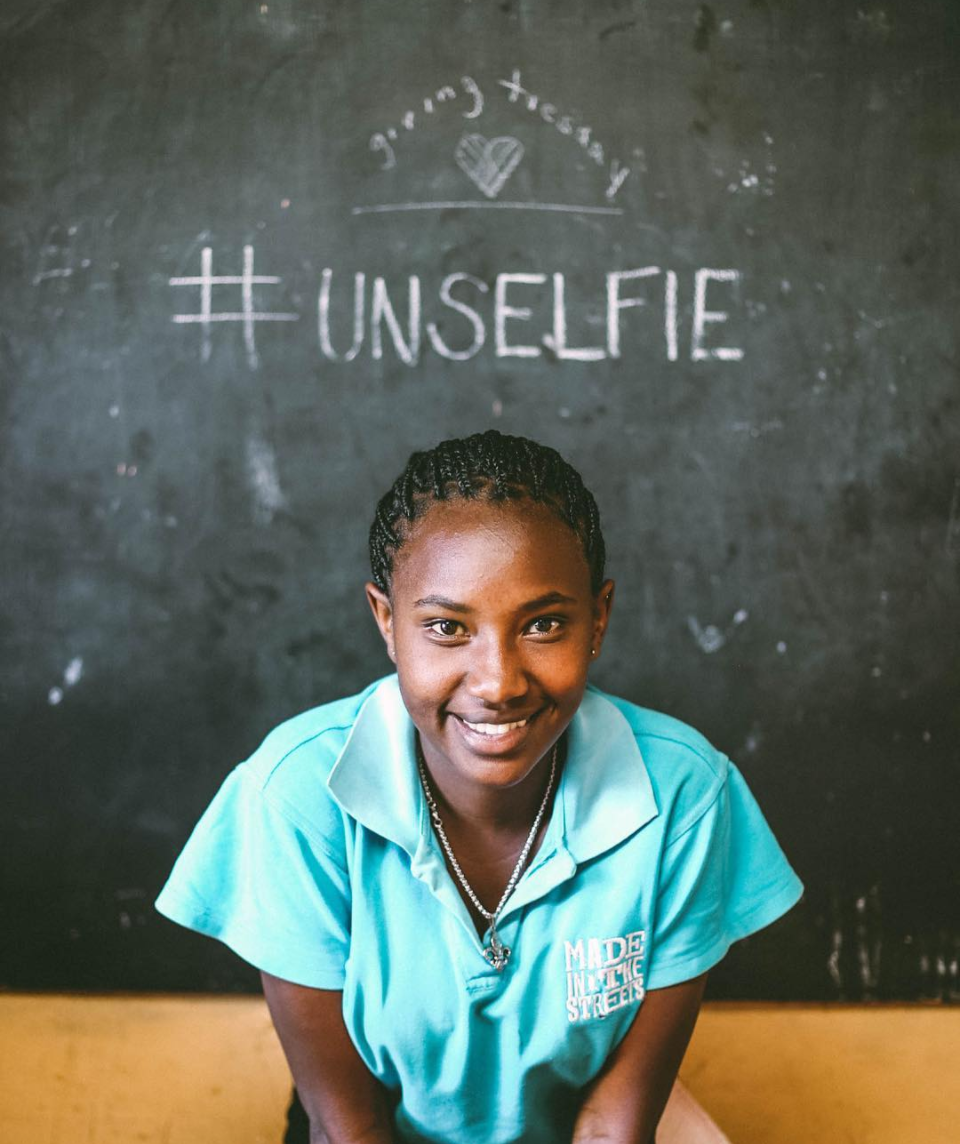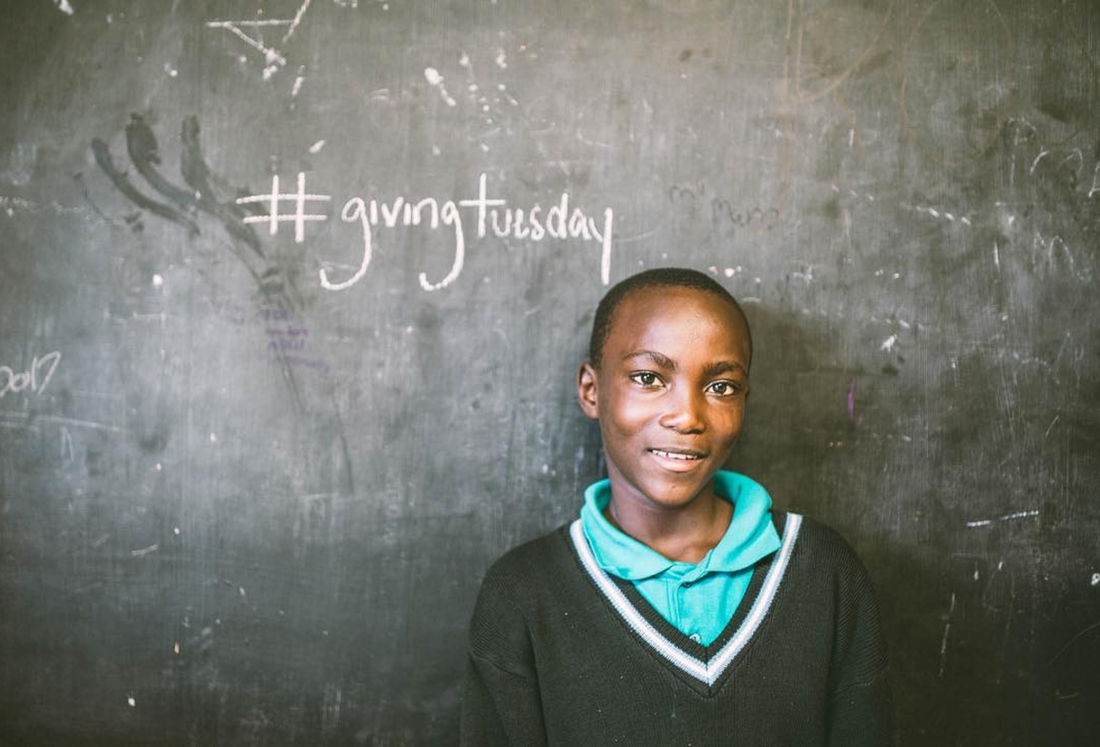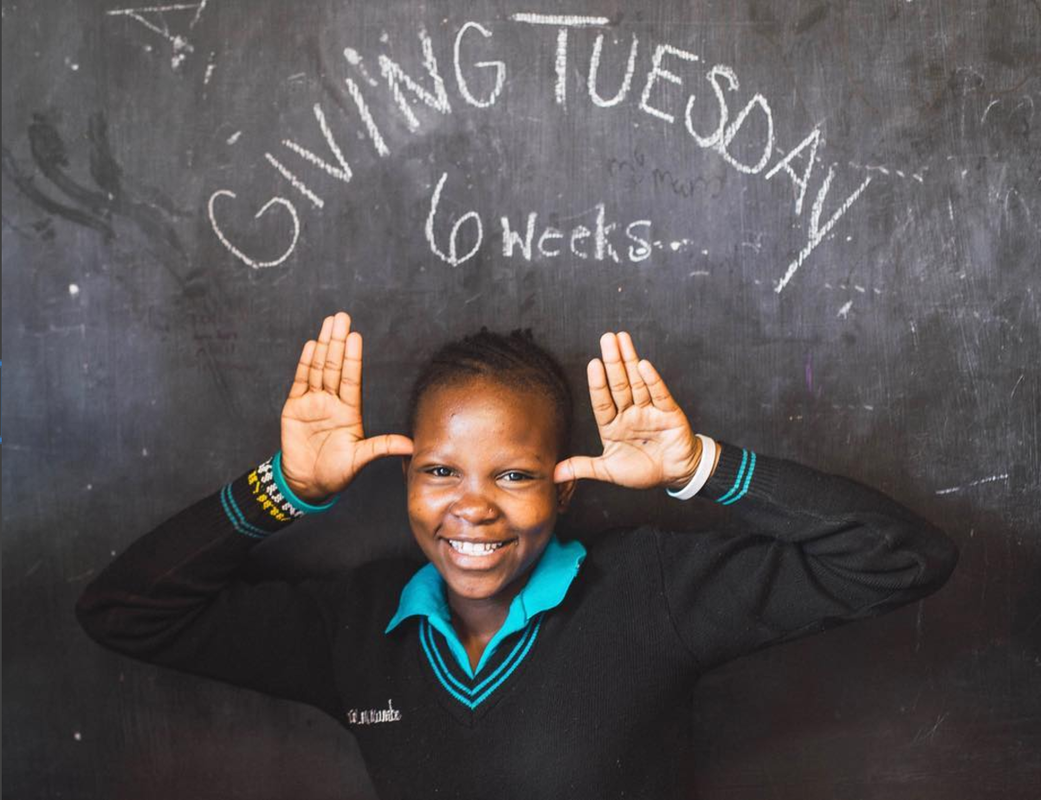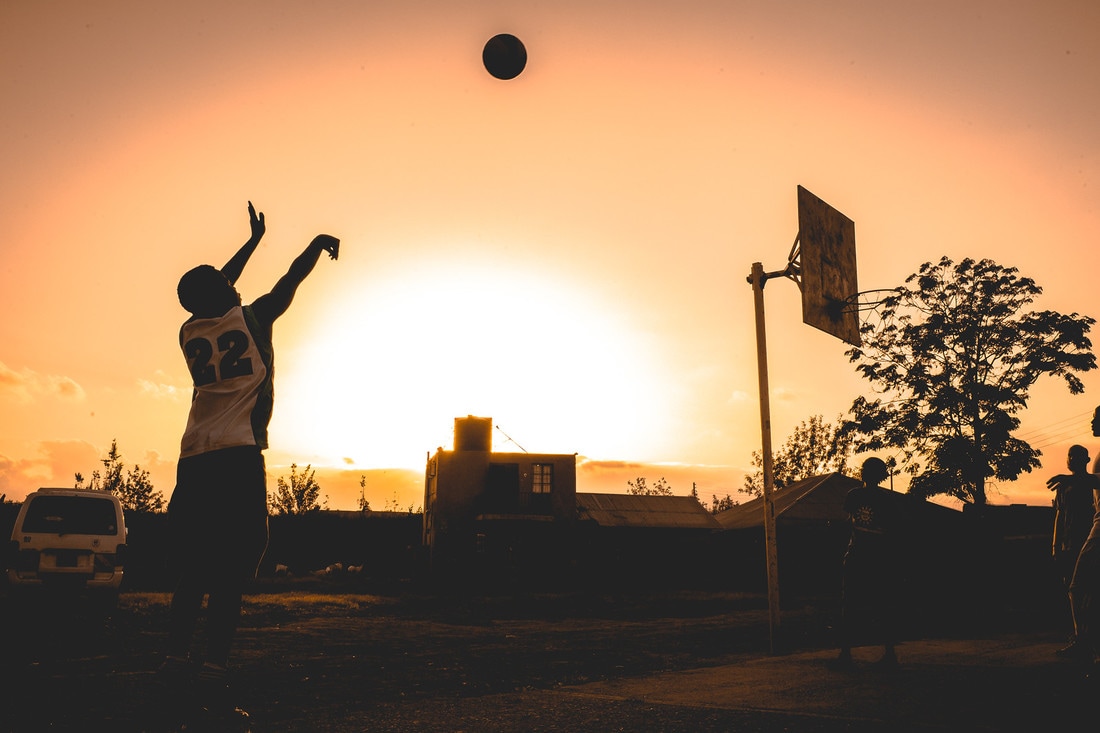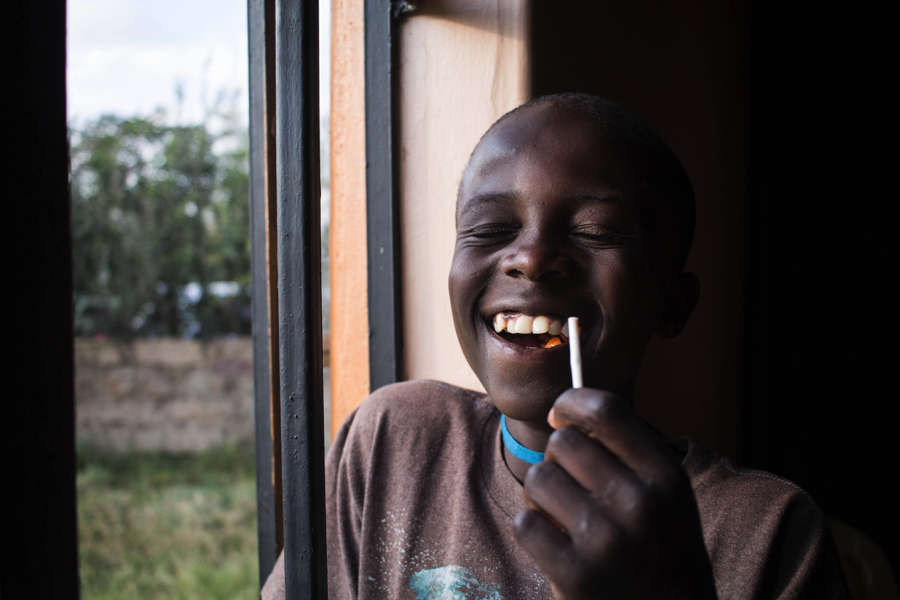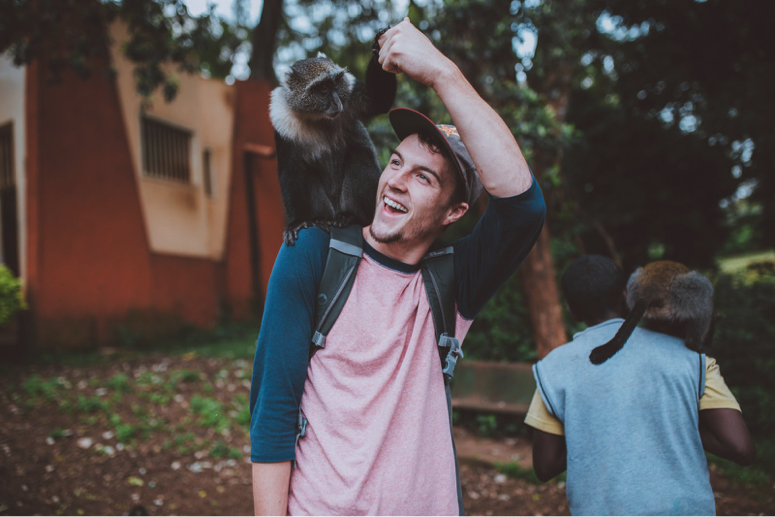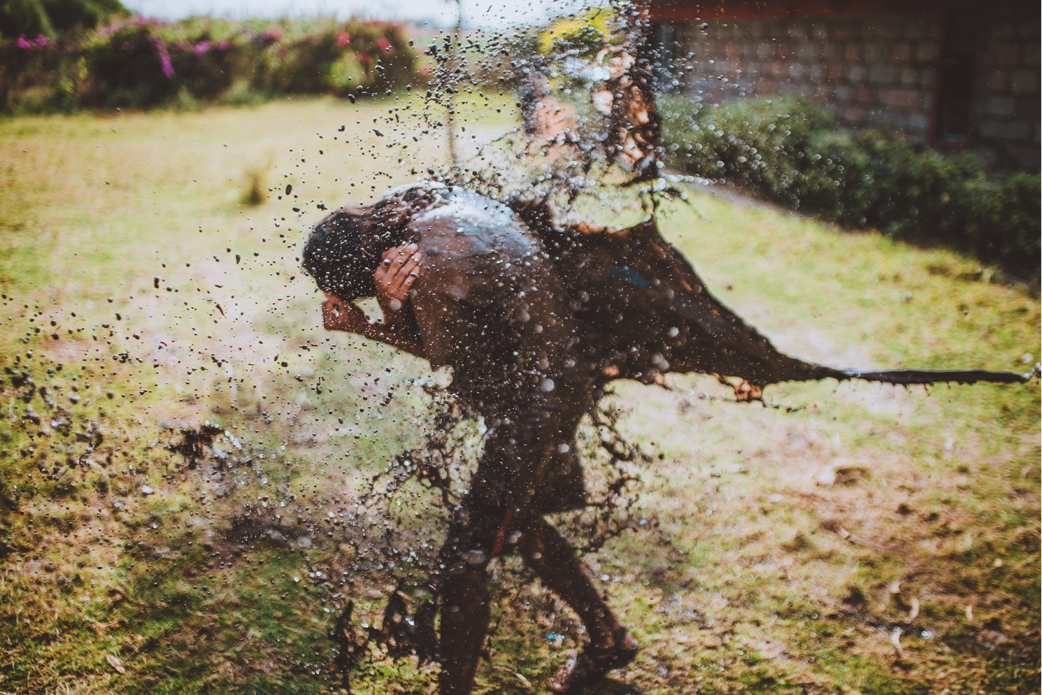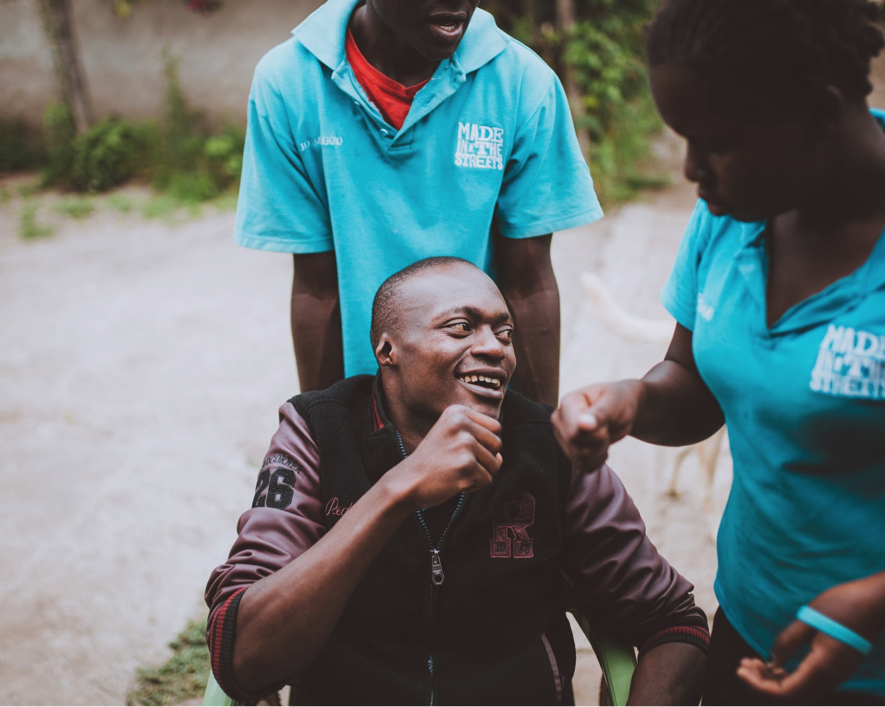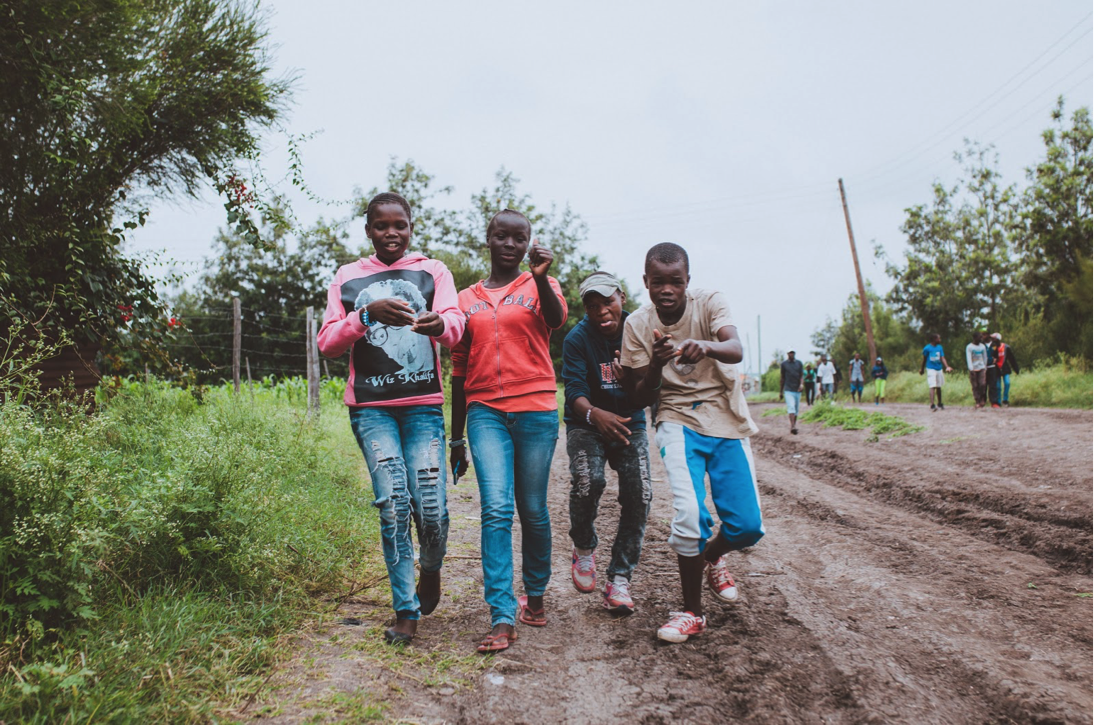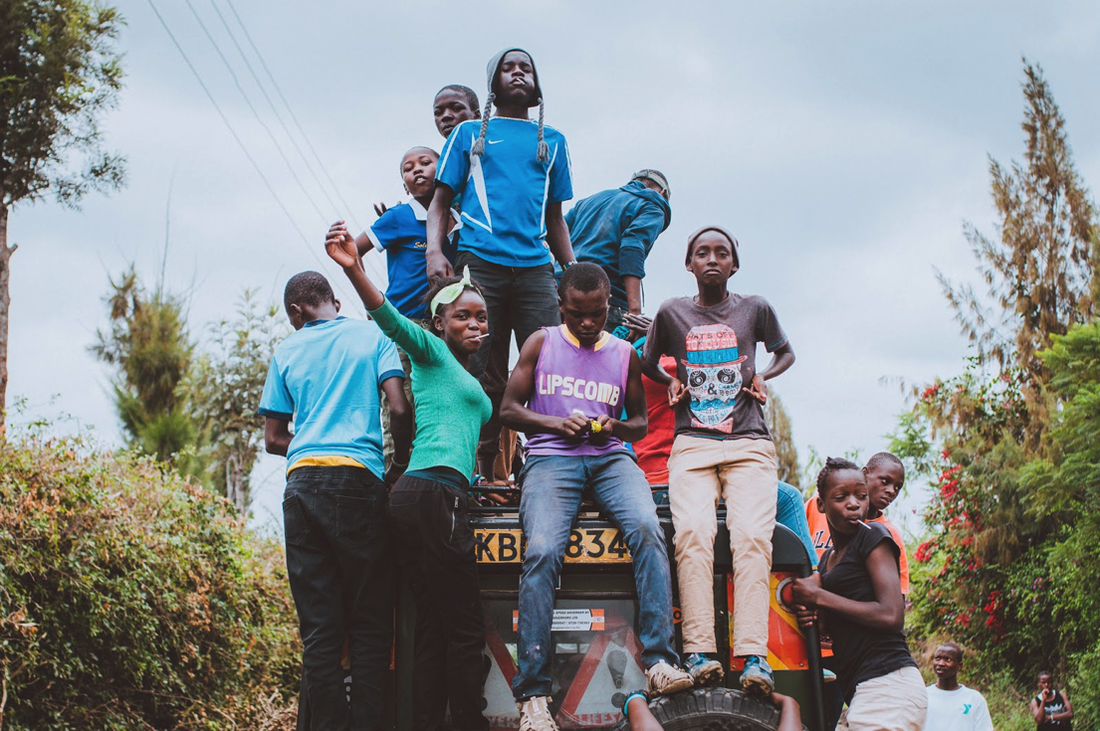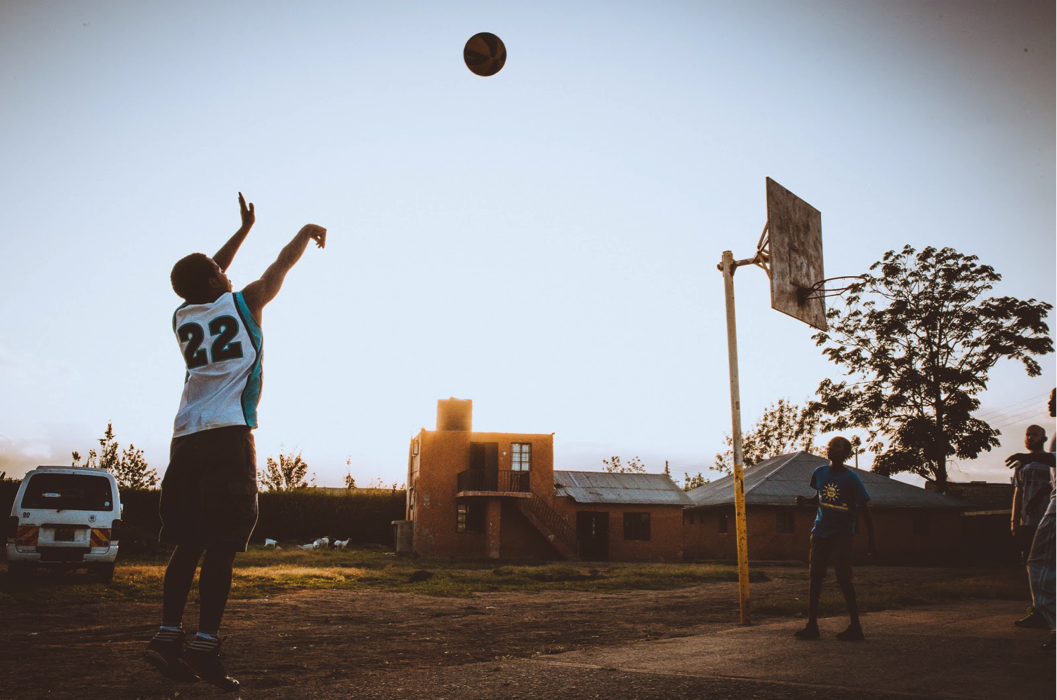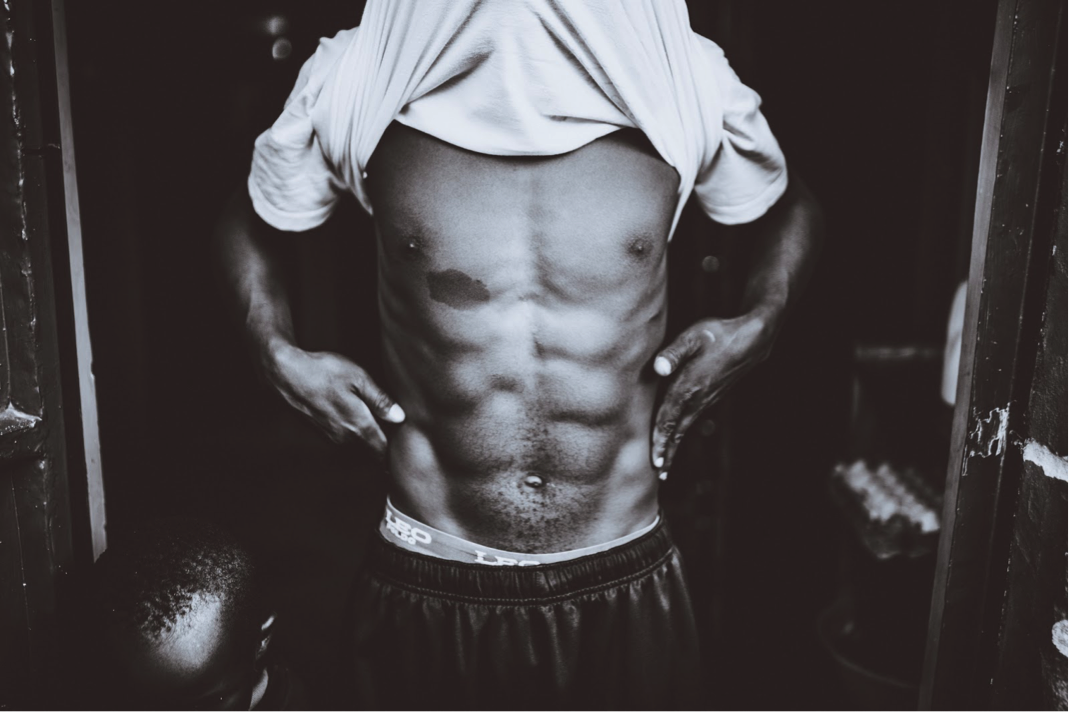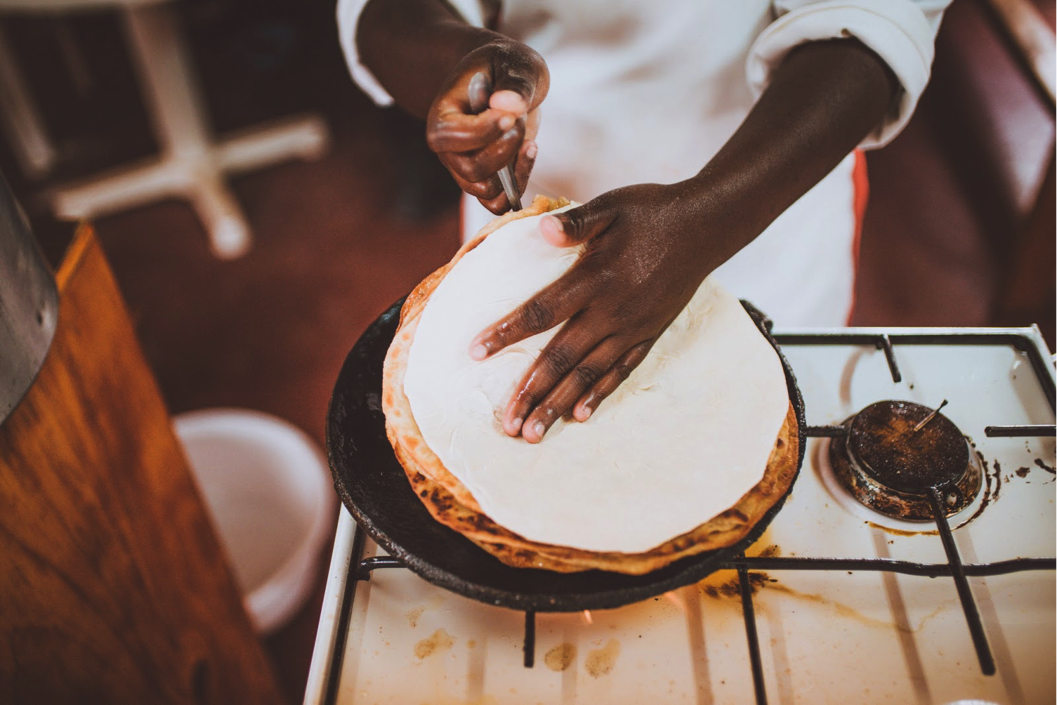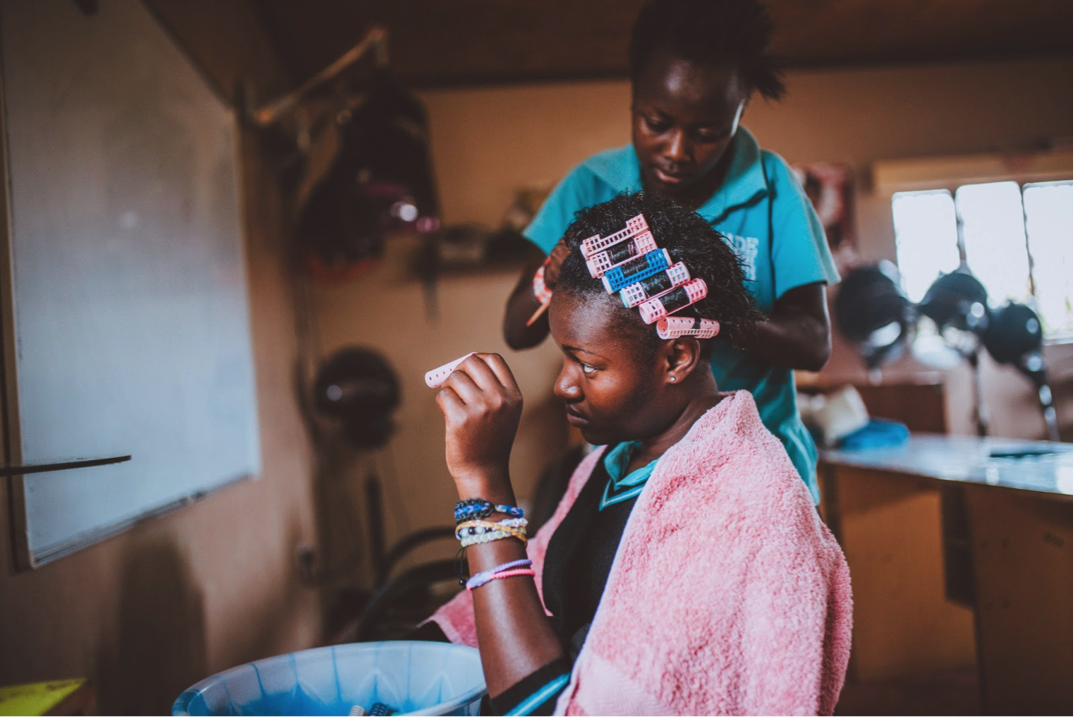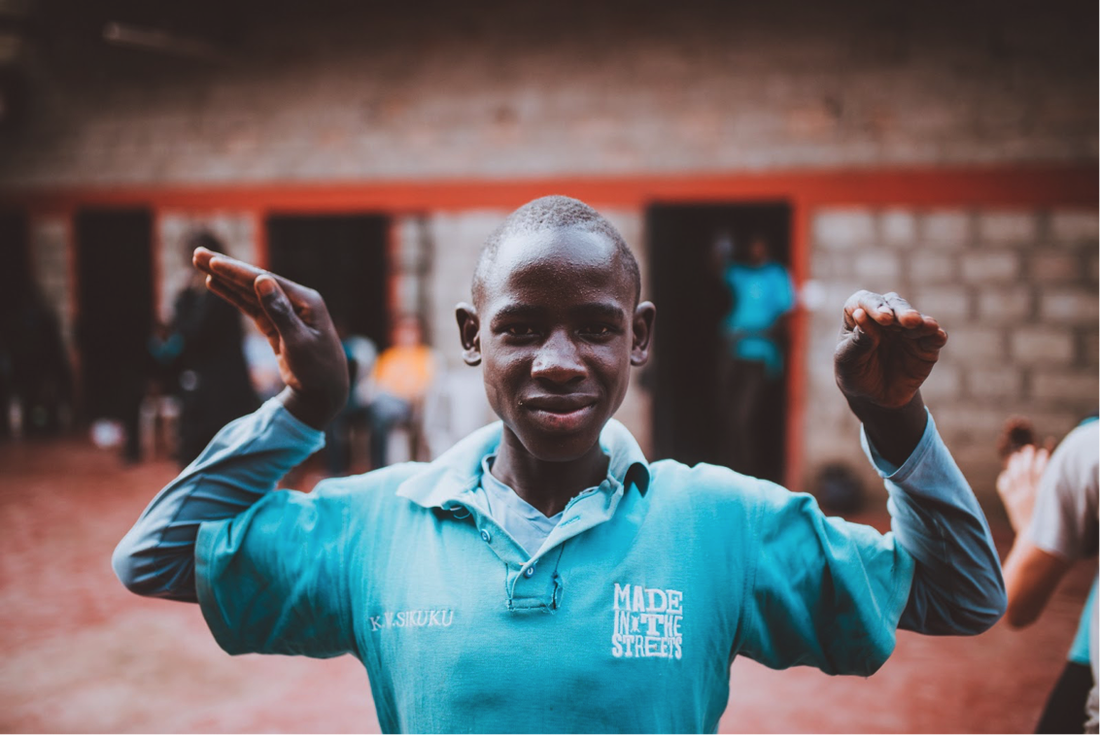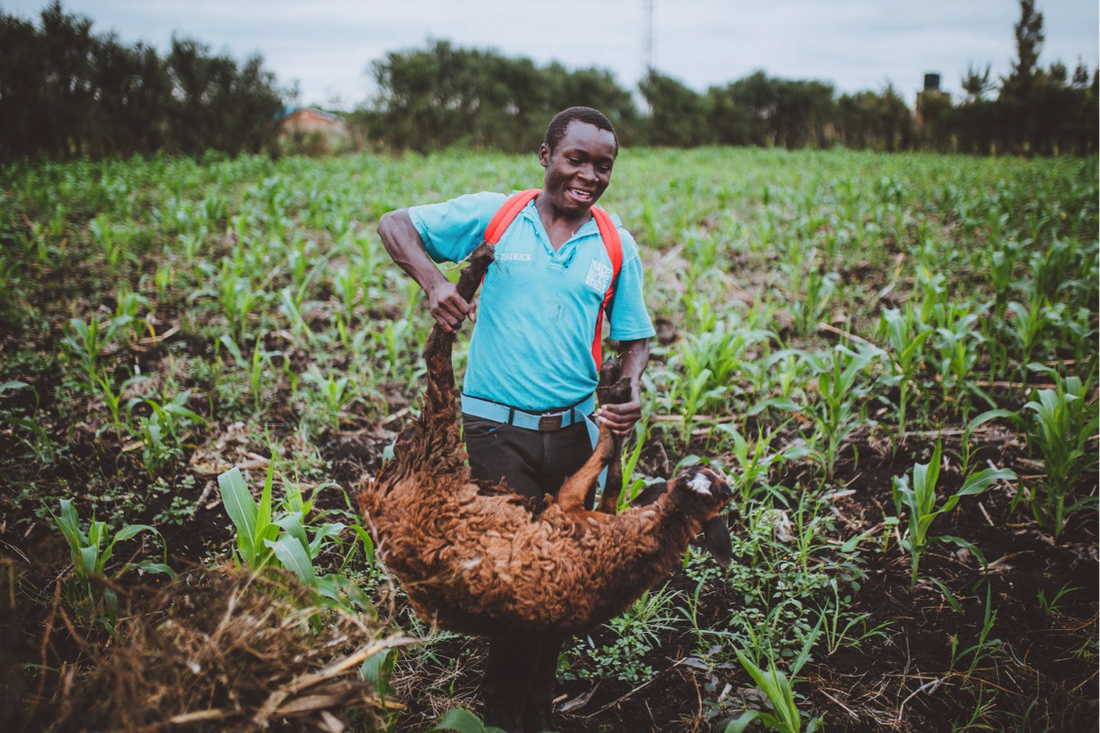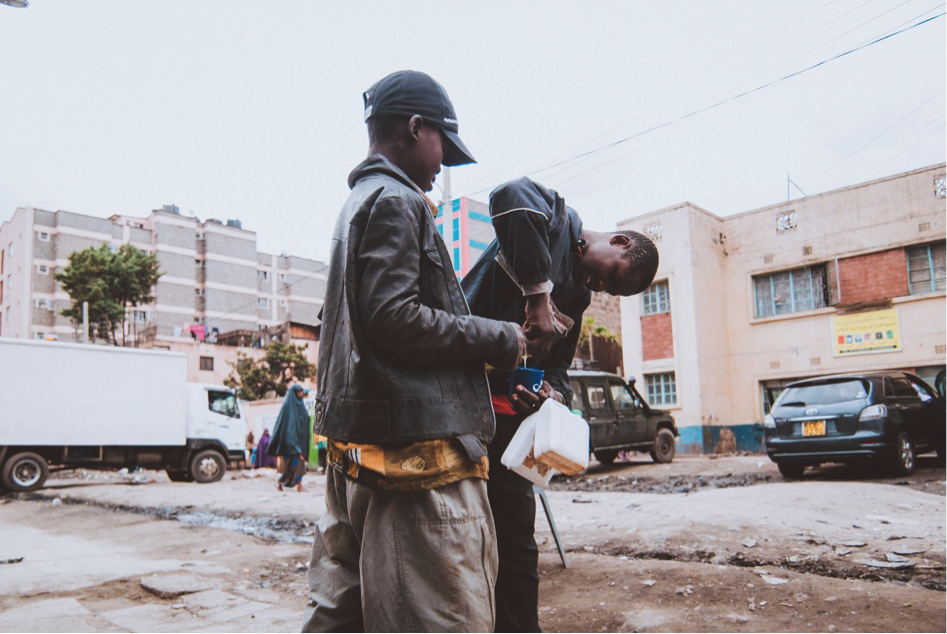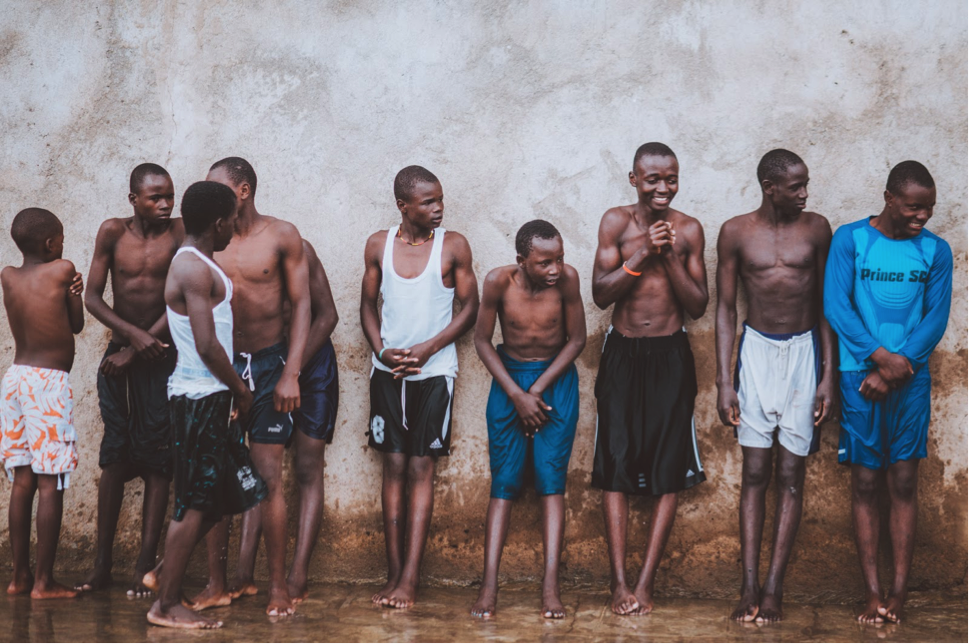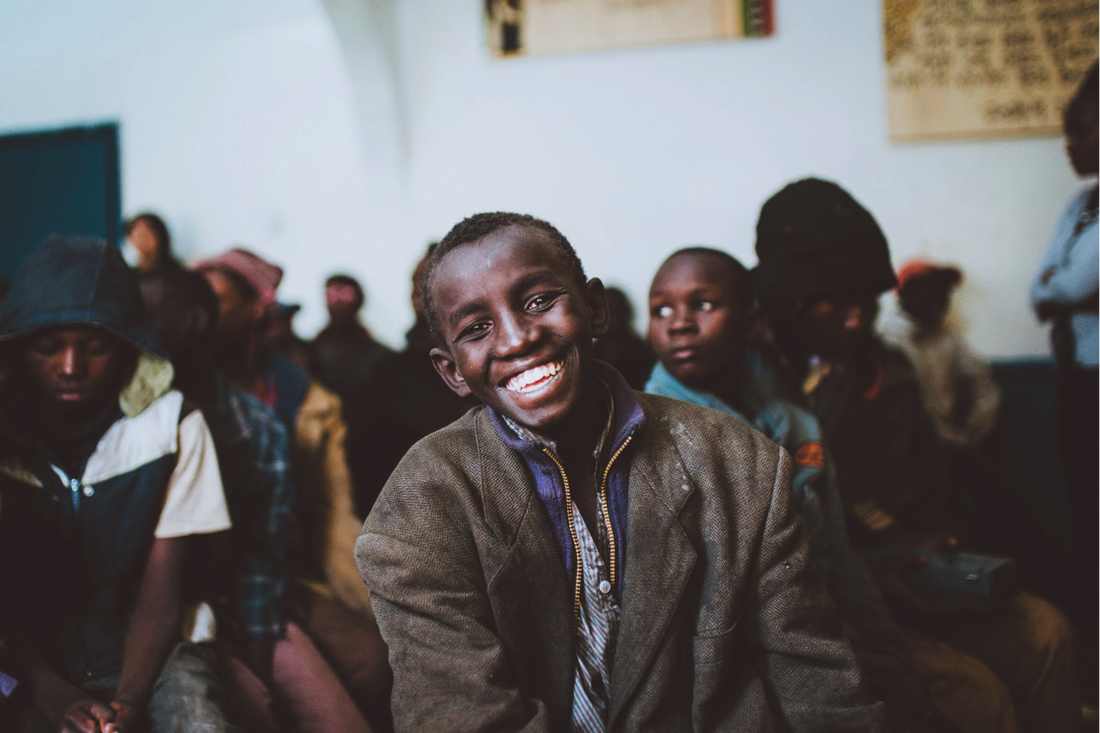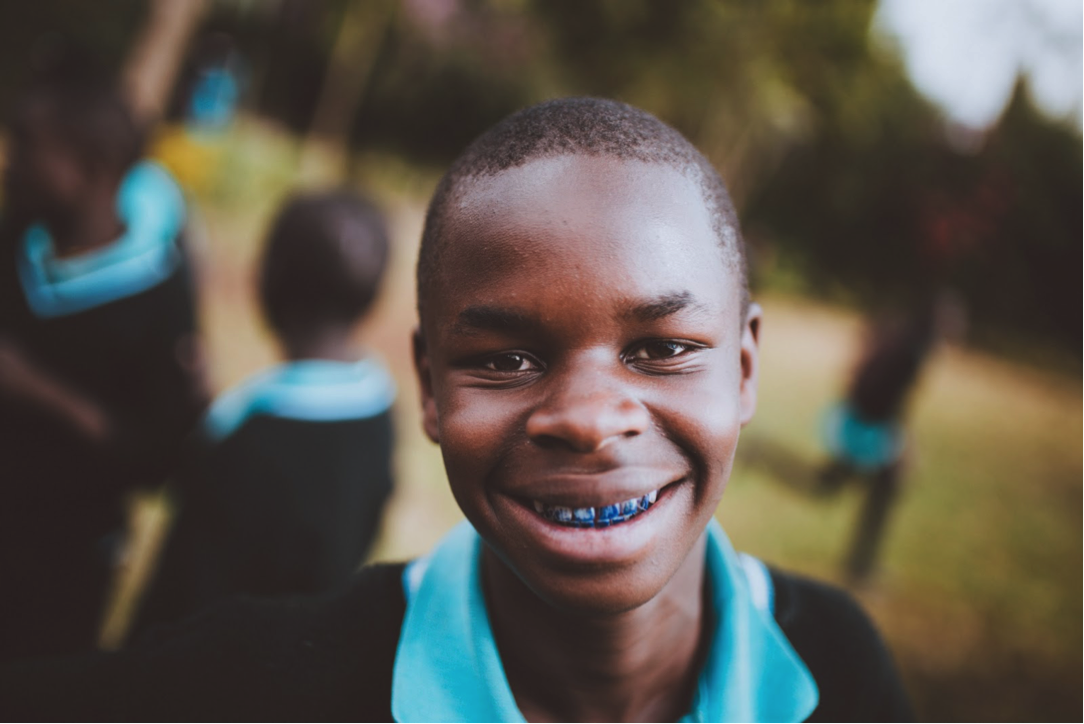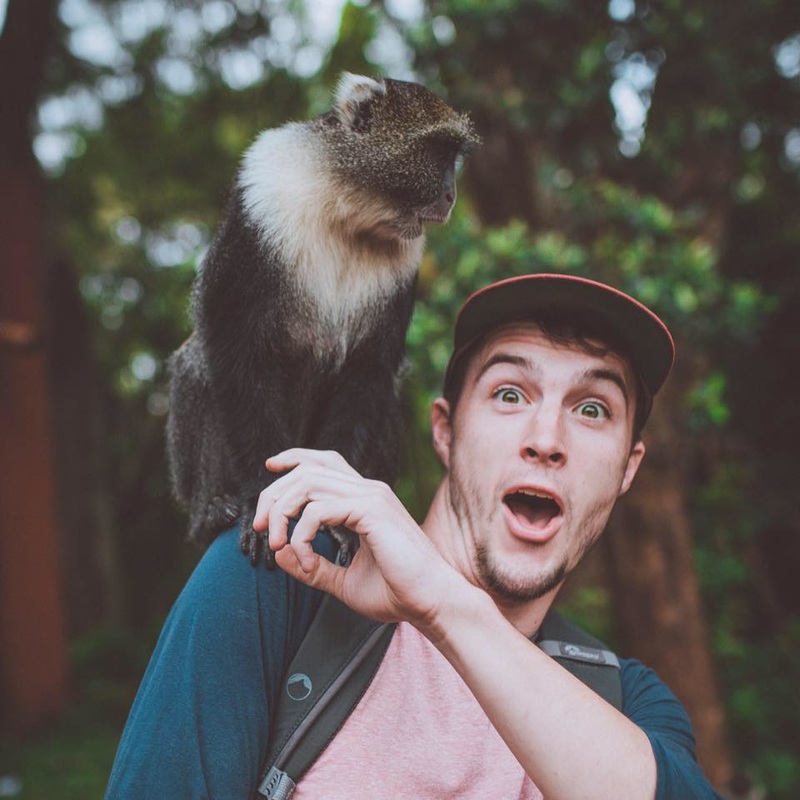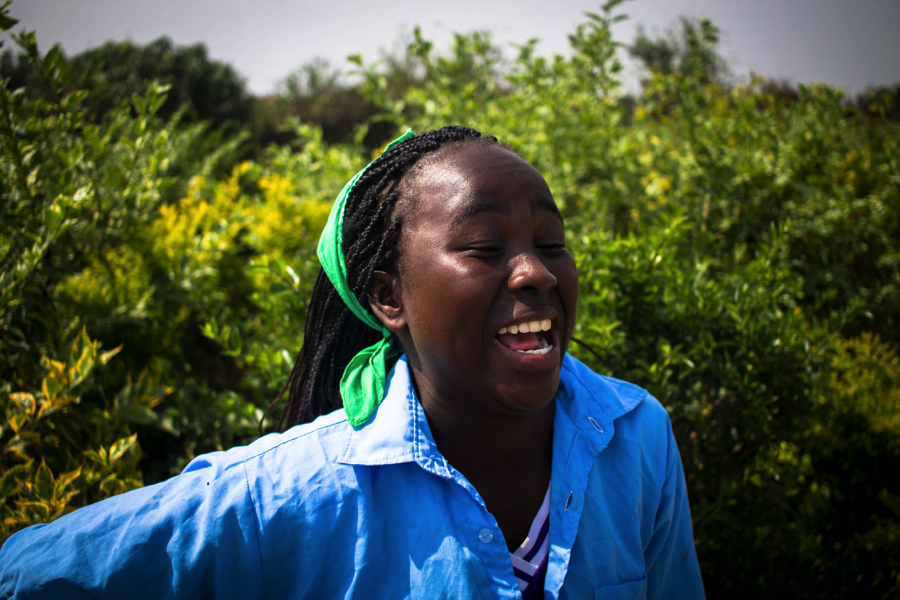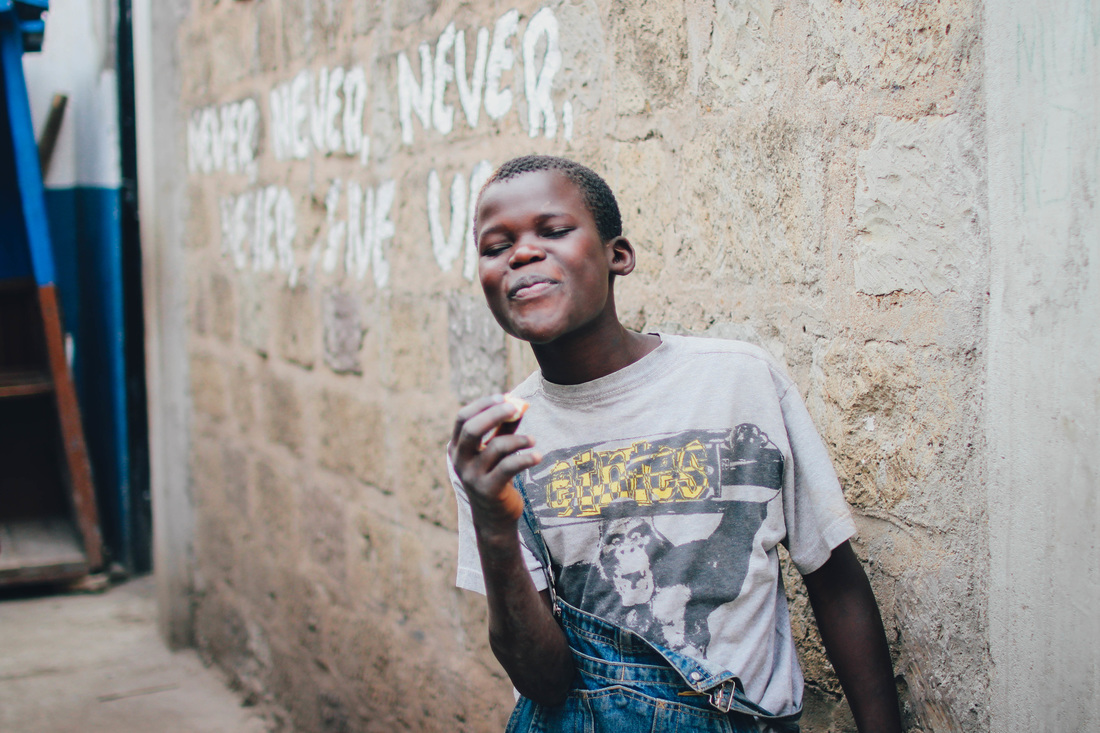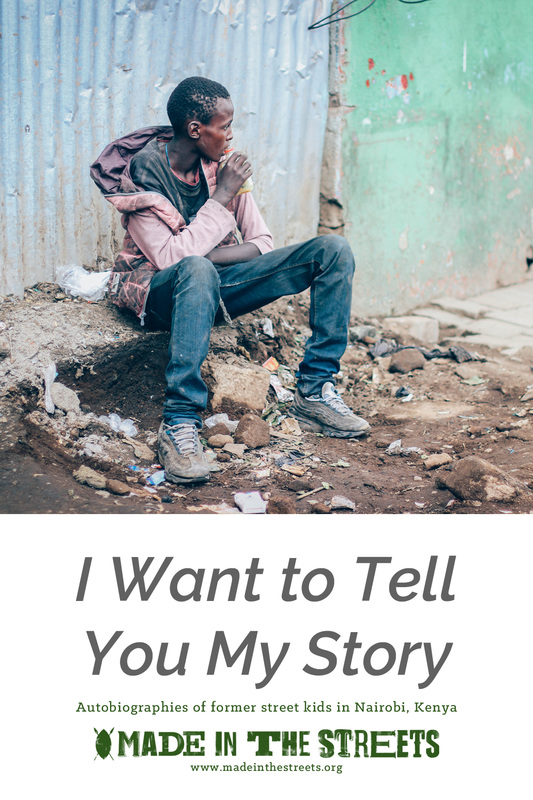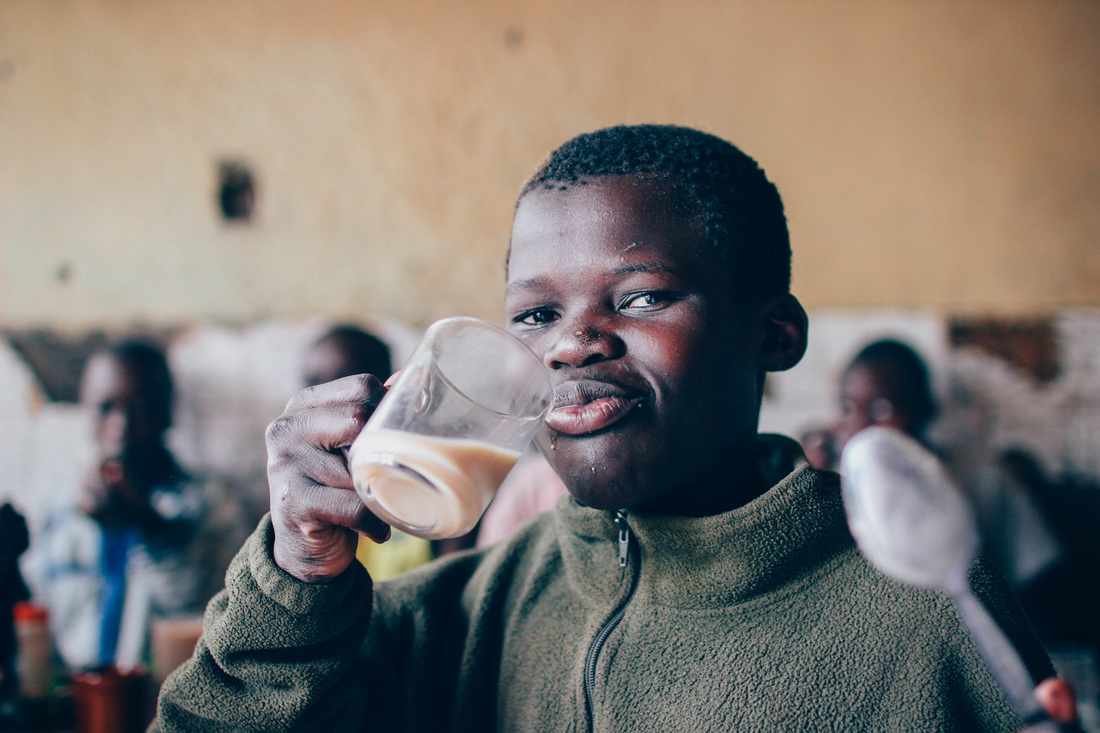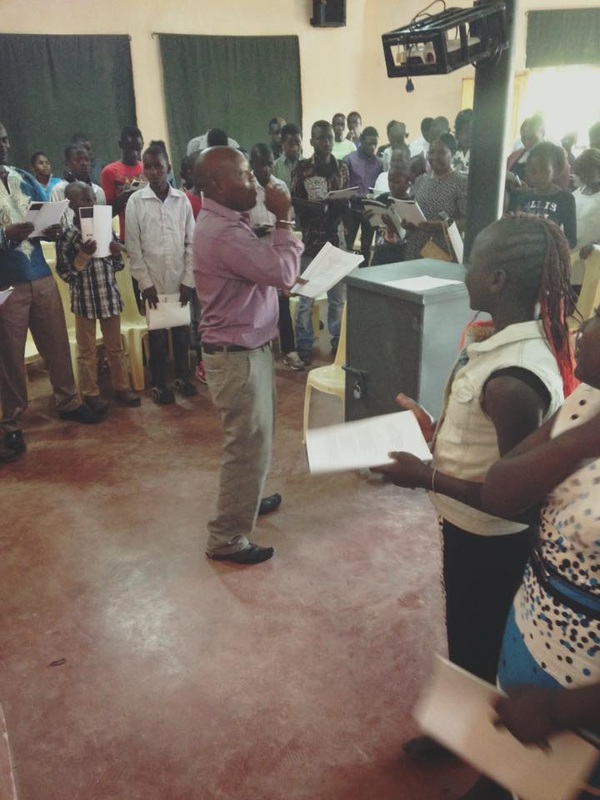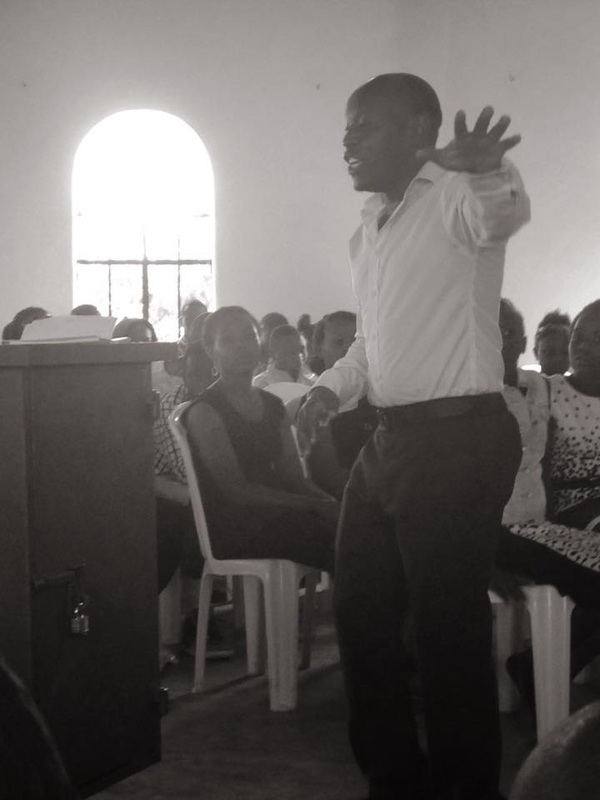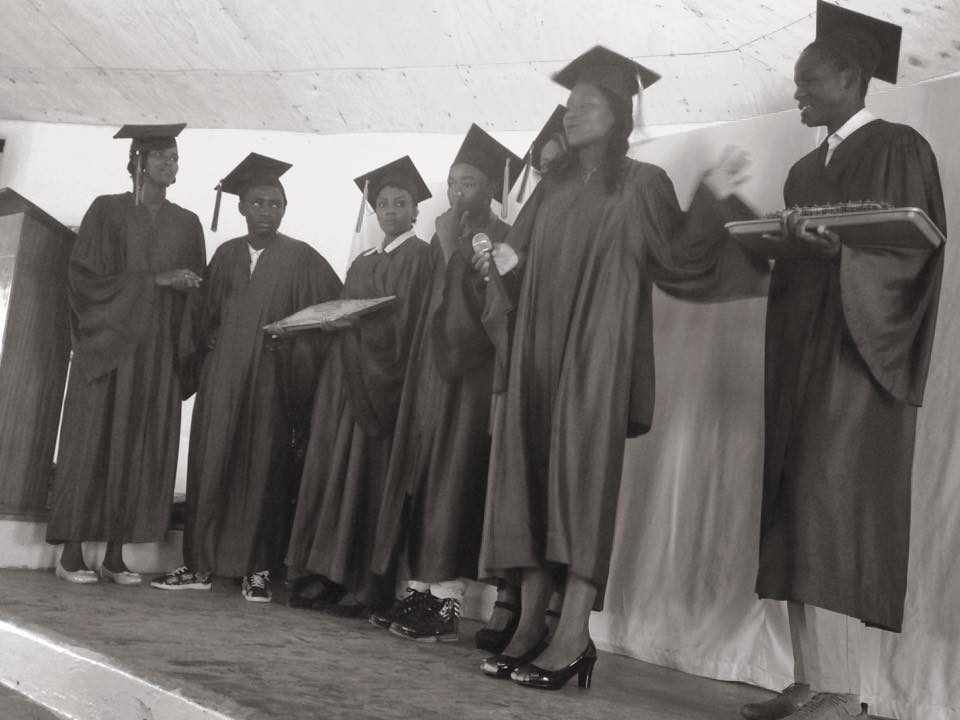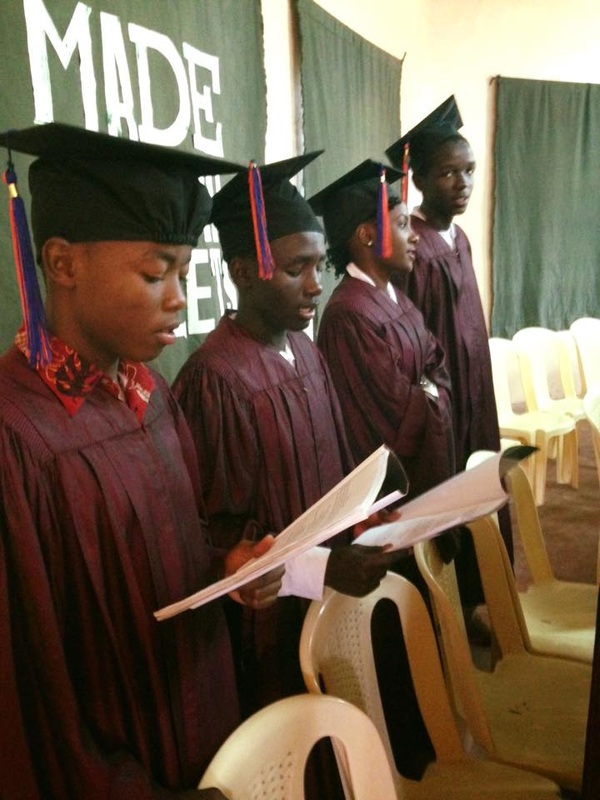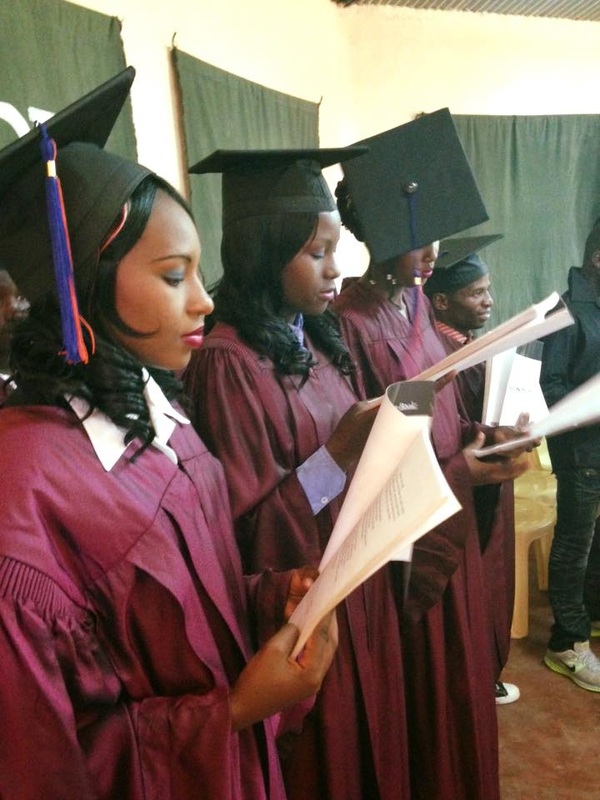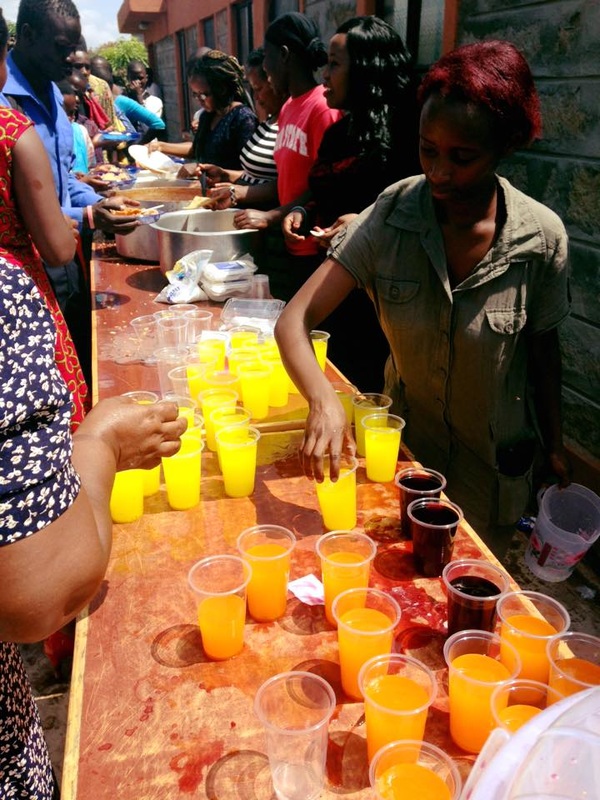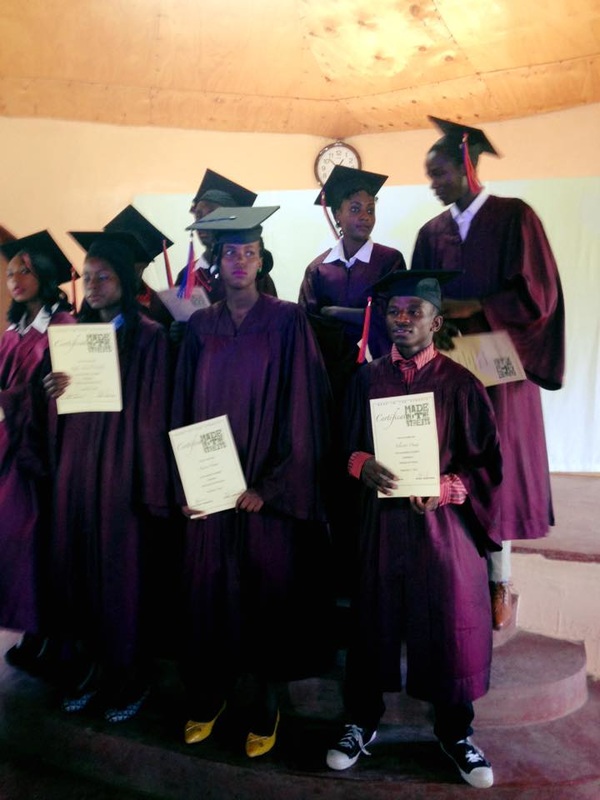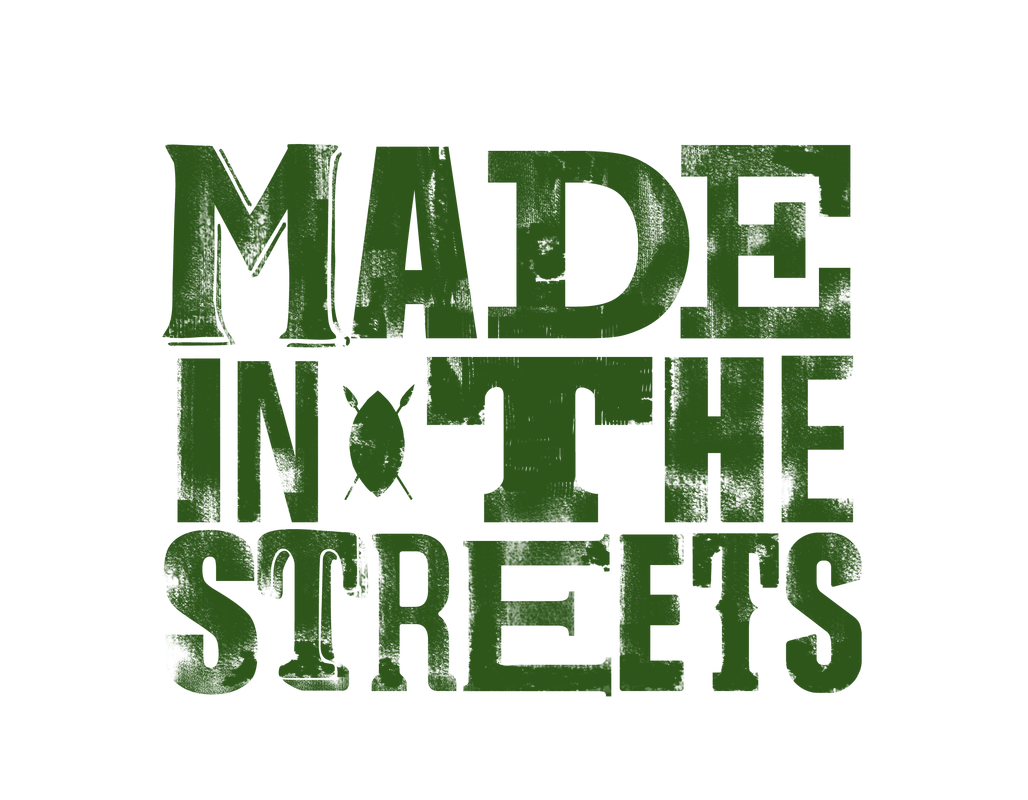|
We asked our students and staff what they're grateful for, and here's what they said.
0 Comments
“Come. I will show you Air Jordan.”
Jimmy backed into position, already smirking triumphantly. He momentarily glanced at his hope before sprinting and springing forth right before the three-point line, feet fluttering. You know, much like you do mid-air following the plunge off of the high dive. The ceremoniously dramatic launching of the ball amounted to, um, not three points. It lost momentum half-way to the goal and then dolefully bounced like a check. Much to our giddy delight. I met Lucky in my first week of 13 in Kenya. He was the kid in my scavenger hunt group wearing a shirt 3 times too big for his body with a Jamaican rapper plastered on the front. He was the kid who helped me find my keys when I lost them at the soccer field, and then proceeded to joke that he wasn’t going to give them back. He was the subject of countless photos in my first few days here. I remember my dad telling me I could write a good story about a kid named Lucky. Though I certainly have not written nearly as much as I planned to this summer, I like to think that my photos can tell a good story on their own (with a few words here and there to elaborate). Lucky is a young kid and his size shows it. It is hard for me to picture him living on the streets when he is still small enough to carry in my arms and young enough to not be embarrassed by holding my hand in public. He gets hurt easily and tends to express his emotions outwardly, sometimes through anger and sometimes through tears. When he does this I am reminded of his broken past and the hardships he has faced at such a young age. The picture above, however, tells the other side of Lucky’s story. While the harder aspects of his life are ever-present, his childlike spirit shines brighter. His smile radiates love and joy and is always there to greet you when you see him. His sense of humor is that of a kid, meaning he loves to sneak up on you and play tricks and giggles nonstop when you mess with him back. He’s mischievous and loving and fun to be around. He’s the kind of kid that brings his Bible to church even though he can’t read yet, lovingly holds and takes care of a starving kitten, and jumps on a bus to give you a hug even though you’ve only been gone for a few days. He’s the kind of kid that brings his Bible to church even though he can’t read yet. For many of the kids here, the streets have robbed much of their childhood and it would be easy to think that this would dampen their spirits. I have been privileged enough to see the way this assumption is proven wrong every day at MITS. Lucky’s youth shines through in every moment of every day. I am moved and inspired when I think of the way coming to MITS has given Lucky a second chance at just being a kid, with all the wonder and ups and downs that that brings. Lucky’s story is just like every other student’s here, too. They have all faced the world in a way no kid should ever have to, but they have come out on the other side. While they still have many challenges to face and a whole rollercoaster of a lifetime ahead of them, they have proven they are resilient in the face of hardships and have the strength to keep up hope and wonder when it seems like there should be no more. They are, simply put, incredible and I am lucky (wink wink) to have had the chance to learn from them and love on them all summer.
To say I’ve learned a lot from my time in Kenya would be quite an understatement. From the moment I arrived, it’s been full of learning- about myself, about these kids, about culture, and about, well, everything else in life. And not that I learn from and about these kids better than other people do, but I do think I get a unique perspective of learning that not everyone else does. You see, my job here is to watch these kids closely, literally. As a photojournalist for MITS, it is my duty to keep my eyes glued to the kids waiting to capture that special moment. While other visitors teach classes, organize game days, etc., I am here, from a job perspective, primarily, to simply pay attention. Now, I want to clarify something before I continue. Being a photojournalist is extremely different than being a photographer, and that’s honestly taken quite a process for me to learn. You see, as a photographer back in the States, all of my photos are about me creating. I frame a landscape the exact way I want to. I pose a model precisely as I’ve envisioned. And all of this is to create something in my mind that, in some ways, did not exist beforehand. It’s all about creating. Here, being a photojournalist, it’s totally different. My job isn’t to set up a beautiful landscape shot. My job isn’t to pose these kids in some sort of way. My job is to witness, to document, and to capture these kids in their everyday lives in the most natural and accurate way possible. And from that, I see what they see. I learn their habits. I understand their personalities better without even having to say a word. So, because of that, here’s just a few things, some serious and some not so much, that I’ve learned along the way: 1.) Kenyans don’t mess around on birthdays. Kenyans have a tradition of “washing” you on your birthday. At first, this doesn’t sound so bad. Everyone loves a good shower right? Well, these kids will literally put mud and stones in water solely to throw all over you. Because of this, only in Kenya would it make sense to lock yourself in your room and have no contact with anyone on your birthday. 2.) Fist bumps are for EVERYONE. No seriously, it’s amazing. Toddlers, teens, adults, even the elderly! In Kenya, it’s completely normal for a 70 year old woman to walk into the room and give you a fist bump. America needs to catch on. 3.) When kids find a song they love, they will listen to that song, and that song only for the rest of eternity. This photo was taken while the kids were listening to Hotline Bling for the 7th time in a row. 4.) Always accept a free ride. Here, we walk just about everywhere. So, when your prayers are answered and a truck drives by, even if you have never met the person who is driving the truck, you hop on the back and enjoy the heck out of that joyride. 5.) These kids have dreams. Every kid I talk to, no matter what background he came from, has this amazing dream that they want to pursue. And when I say these kids have dreams, I mean big dreams. They were all once street kids who the rest of the world viewed as impossible cases. So, let’s just say that the word impossible doesn’t mean a whole lot to them. 6.) Every Kenyan is ripped. It’s hilarious, annoying, and extremely impressive. This kid pictured, who will go unnamed, constantly complains about how he’s gotten fat and has a belly now (and he’s being completely serious when he says that….) 7.) God has given superpowers to Kenyan hands. They’ll pick up a pan with their bare hands off the stove. I’ve seen an elderly woman pick up a hot coal off of a fire, hold it in her hands, and then look at me and just laugh. And I’m over here struggling to hold my coffee mug without getting burned… 8.) Swag is everything. Or, as they say here- looking “smart.” Constantly changing hairstyles, crazy glasses, and literally anything they can do to look swag, these kids will do. 9.) Everyone has a signature pose. When a kid asks for a picture, 9 times out of 10, they will do the exact same pose they always do. There’s beauty in being dedicated to your craft. 10.) Don’t be afraid to get your hands, or uniforms, dirty. These kids will draw on their uniforms, work in the farm in them, play basketball in them, and even dive into a field to crawl their way to tackle a sheep in them. True story. 11.) Don’t give out of wealth, but give out of compassion. These kids, even the ones still on the streets, share more than anyone I’ve ever met. Kids who may not have money to buy dinner will be the first one to split a snack 5 different ways if it’ll help feed their friends as well. They don’t wait until they have a lot to start sharing and giving. They do it whenever they get the chance, no matter how little or how much they have. 12.) All for one, one for all. Nothing is done alone. Everything is done together. Maybe it’s because they learned to survive on the streets by relying on each other, but these kids never leave each other. It’s very rare to see one hanging out by himself. They stay in their packs. Their friendships are tighter than almost anything. So, if I invite one kid to play basketball with me, ten will show up. Because you don’t break up the squad. 13.) Kenyans have the best smiles. Even these kids who currently live on the streets and almost never brush their teeth have the whitest smiles. Like, would you look at the grill on this kid? Dang. *currently fighting the urge to stop brushing my teeth for a month to see if it’ll make my teeth look like this* 14.) Entertainment can be found in anything. Rodgers here decided he’d break a pen to put all the blue ink in his mouth so he’d have a blue smile, just for kicks and giggles.
by Hillary Sturgeon For years, photography has been an interest of mine. Though in this day and age everyone is capable of being a photographer with the newest iPhone, I still find solace through the comfort of my camera and the artistic expression in photography. It has been a personal joy and deeply personal for me as a way to connect with others and the world around me. For this reason, I have struggled to understand how I might use my photography to help others. I knew how taking pictures at Made in the Streets would help the organization as a whole, but until I got here I was lost on how I could use this talent to specifically help the students at MITS. I had to take a look at the way pictures have influenced my own life. In order to figure out how pictures can improve the lives of these former street kids, I had to take a look at the way pictures have influenced my own life. I thought about the vast number of times I have grabbed the boxes of pictures at home and spent hours perusing the old photos, thinking about the stories, trips, and adventures that inspired the moments in them. I thought about how my photos of friends and family were the first things I put on my walls when I got to college. Pictures have helped me remember the moments throughout my life and have helped me connect with family and friends even when they have seemed far away. Now my experiences with photos revolve around the students here at MITS. One of my distinct memories from my first trip to Kamulu was of how much the students loved to have their pictures taken. The girls tend to have a full photo shoot, complete with all of their friends and various poses, while the boys stare at the camera and attempt to look as cool as possible. They like to take my phone to look through ALL of my pictures, and they absolutely love when visitors send printed copies of photos from their trips. Despite absolutely loving photography and pictures, however, I can’t help but become frustrated when the kids are constantly asking to look through my albums, or ask me to “take me photo” every time I have my camera out. It becomes hard to not draw attention and easy to become a distraction. When I become frustrated, I start to think of myself and about how much of an inconvenience it is for me. In times like this, I forget who I am here for. In the end, I am in Kenya for every child here at MITS. I have come to realize that these kids love pictures for all the same reasons I do. Their lives have most likely never been documented before coming to MITS, and now they are taking every chance they can get to seal every good moment in time. I often forget that these are some of the first visual representations of their lives they have ever seen and it is exciting for them. Finally they are able to remember their stories in a way they were unable to in the past, and see the way their lives have changed for the better since they arrived at MITS. Now when I think about the way photography can be used to support these kids, I think of their beautiful smiles on the other side of my lens and of their excitement when they show me the photos proudly displayed in their rooms. With this mindset, the most important part of my job becomes remembering to keep an eye out for the important moments in each student’s life and capturing them. All of a sudden, a personal joy of mine, something that seemed so private and intimate, is transformed into something I can share with these students to bring joy to their lives, and that is more than I could have ever asked for.
Tobias Otieno Recorded December 2015 My name is Tobias Otieno. I am thirteen years old. I was born in Kisumu. My father is a casual laborer. His name is Dan Taabu. My mother, Peris Aketch, sells chips and samosas by the roadside. I have two sisters and two brothers. My life as a child was good. I went to Ziraguni Primary School up to class six. In 2013, one of my classmates named Rogers fell ill at school and I offered to take him back home. But when I came back to class, my teacher called me up front of class and told me that I had broken a rule. He beat me in front of my classmates and sent me home. I was so embarrassed because my good intentions were mistaken for disobedience. The class teacher told me to bring my mother to the head teacher’s office. I was afraid of the head teacher because he was very fierce. I decided to hide. For two days I pretended to walk to school only to come back and hide near our home. But the second day, my classmates told my mother I was not in school. The next day, my mother took me to the deputy head teacher. He beat me in front of my mother. Afterward, they said I would go to the headmaster. I knew that meant another beating. So I ran all the way home, changed into home clothes, and I walked to Kisumu town where I could hide. The people in Kisumu town were very kind; some bought me some food and drink. I spent nights in alleys and no one mistreated me. But I was getting lonely. One day as I was walking around, my brother found me and convinced me to come home. But that evening, they beat me so that I would never leave again. The next day they were going to take me to school. I put on my uniform, but then I told them I had to go out to the toilet. I ran away again, back to Kisumu but to a different part. There I found some boys who liked me. They took me to an orphanage called Ovic. After a month, some of the boys in the orphanage started talking about running away to Nairobi. I liked that idea. I figured that would take me far away from my family. We planned how to hide by hanging on the underside of a passenger bus. It was challenge because we could not risk sleeping. We had to hold onto the bars tightly until the trip ended. Lucky for us, the bus had several stops, so we could turn loose of the bars for a short time and rest. When we got to Nakuru, we saw police checking the bus. I was scared that they would arrest us. I ran and hid in a ditch. I heard the policemen talking to my friends, but I stayed hidden with my cousin and a friend. Unfortunately, it started raining. The rain was heavy and I was very cold. I started shivering. The bus had left, so we started walking toward Nairobi. On the way a kind person gave us some tea and mandazi (like donuts). This made me feel warm. My friend was very good at begging. He would pretend to be mute; it was easy for him to convince people to give him money. We walked for a long time down the highway. We stopped at every town to beg and to rest. For a week, we walked around hills. I did not see any progress and at the back of my mind I thought we were stuck in the same place. I started doubting my friend. Then I saw a big town ahead. We headed to a shopping Centre. One of the women there came to us and talked to us in Luo, my tribal language. She gave us some food and asked us where we were going. My friend told her that we were going to our uncle in Nairobi because our parents had a fight and left us. She was very worried about us being alone. She volunteered to go with us and paid for our fare. I was so excited when we got to Nairobi, but the lady did not let us explore the city. She asked Marcos where were going. Marcos told her that we were going to Mathare. She got another bus for us. When we got there, Marcos led us through the congested pathways of Mathare. He was walking very fast. Marcos told me that he was lying to the lady and that he did not know anyone in Mathare. Before long, Marcos disappeared. Now it was just the lady and me. She was upset and angry because we had lied. She left me. Now I was alone.
On Friday, December 11th, we were proud to hold a graduation ceremony for 8 skills students who completed their coursework in our Literacy Program and our Skills Program. We honor them today and pray for them as they go into the world. They are full of hope and we are full of hope for them.
In true MITS fashion, all the students, church members, families, aunties, and little ones joined in the celebration. To all our MITS family around the world who were unable to be with us in person, we felt your love and support in spirit and we pray a blessing over you until we meet again. Class of 2015..... dismissed!
"Transforming street children for God and country"
Those words are written on the walls of our school building in Kamulu. That is what we strive to do – transform street children to be servants of God and to better their country. At our 20th Anniversary celebration in Nashville, Tennessee, we got to watch a film by a former MITS student, John Dennis Kamau. John Dennis studied computers at MITS and always had an interest in photography. That interest turned into a hobby, which turned into a skill – and a very good one, at that – and eventually led him into videography. Today, John Dennis works for Fastlite Media, a production agency specializing in film and photography.
God always had a plan for John Dennis to share people's stories. John Dennis was able to transform his life through first the transformation of his heart. He is one of many students whose lives have been transformed for God and country. Lord, thank You for the last 20 years. Thank you for allowing us to be your vessels to minister to street children. We pray You continue to allow us to be a part of this journey, and that we continue to do Your will in Kenya. We asked MITS sponsor, Jody, why she and her family have chosen to support the life and education of Paul, a MITS student. Here's what she said:
"My daughter, Hillary, and I have sponsored Paul Njorge since 2012. We meet Paul on a two-week trip to MITS with the University Church Youth Group. Paul was the first student I met when we arrived in Nairobi. He decided to sit by me on the bus as we traveled from the airport to Kamulu. All I wanted to do was rest after the long flight, but Paul had other ideas. We talked the entire bus ride and that was all it took for me to fall in love with this young man. At the end of the second week, I was honored to baptize Paul. We stayed in touch during the following year through letters. The following year Hillary returned for another two-week trip. During that trip she got to spend a lot of time with Paul, and he even joined her for a day in the city for her 16th birthday. The two share a very special bond and truly consider each other as family. After seeing how such a small financial contribution can change a life, I can't imagine not sponsoring." |
When you do this for 27 years, you're bound to pick up a few stories and lessons along the way. Thoughts, impressions, news, and highlights from our staff, visitors, donors, students and alumni.
Archives
March 2024
Categories
All
have you
|
MADE IN THE STREETS is a 501(c)3 nonprofit organization. Federal Tax ID #20-4044723
409 Franklin Road | Brentwood, TN 37027 | ©2023 MADE IN THE STREETS | site by cecily | PRIVACY POLICY
409 Franklin Road | Brentwood, TN 37027 | ©2023 MADE IN THE STREETS | site by cecily | PRIVACY POLICY

